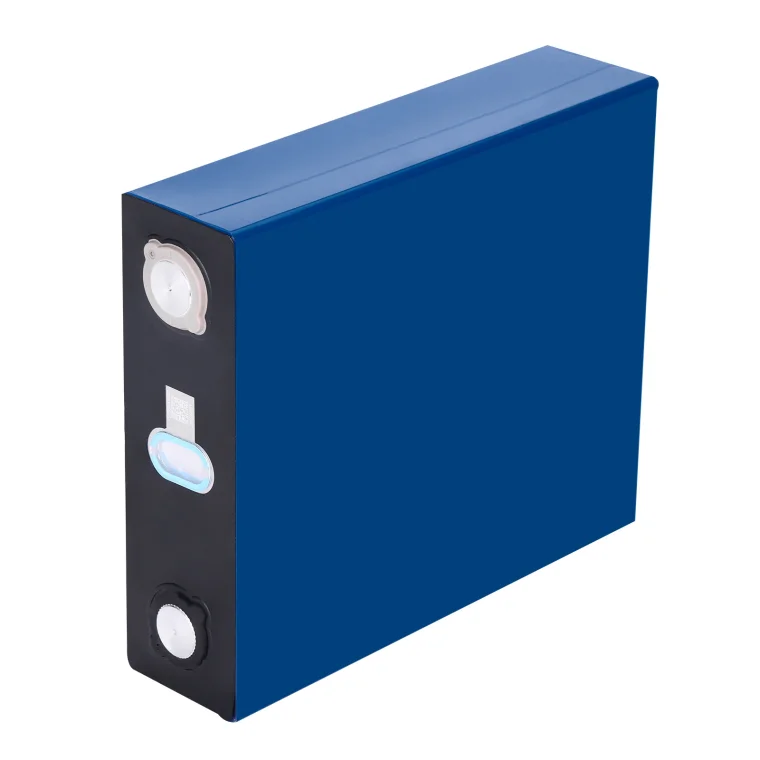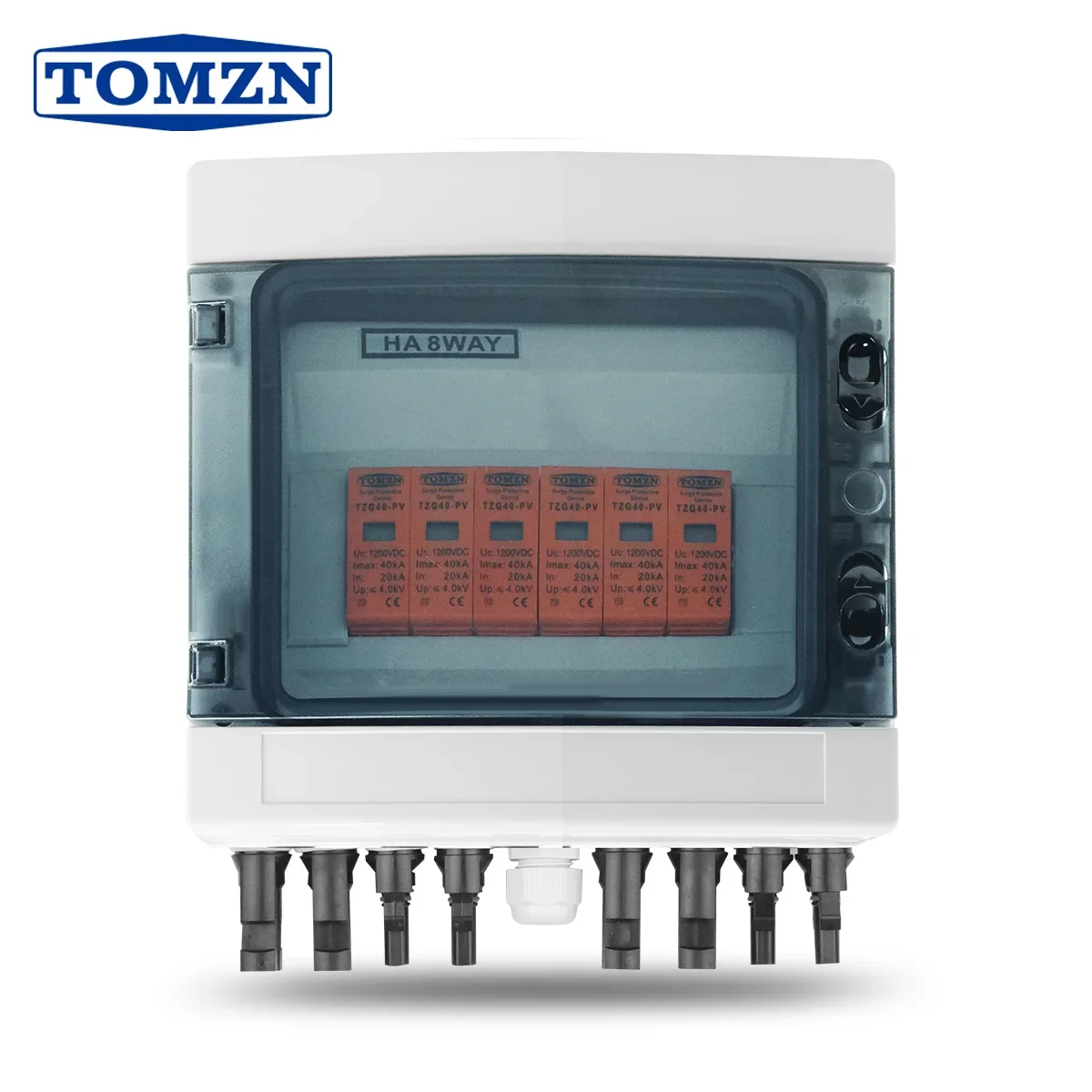In the realm of automotive engineering, the mechanical fuel pump plays a crucial role in delivering fuel to the engine. However, have you ever wondered if this essential component can overheat? In this blog post, we will delve into the intricacies of mechanical fuel pumps, explore the factors that can lead to overheating, and provide practical insights to prevent such occurrences. So, fasten your seatbelts as we embark on this journey of unraveling the mystery behind mechanical fuel pump overheating.
- Understanding the Mechanical Fuel Pump:
Before we dive into the overheating aspect, let's first grasp the fundamentals of a mechanical fuel pump. This device, typically driven by the engine's camshaft, draws fuel from the tank and delivers it to the carburetor or fuel injection system. Its design comprises a diaphragm or a set of gears that create the necessary pressure to ensure a steady fuel flow. - Factors Leading to Overheating:
While mechanical fuel pumps are designed to withstand high temperatures, certain circumstances can push them beyond their limits. Let's explore the key factors that contribute to overheating: a. Excessive Engine Heat: The proximity of the mechanical fuel pump to the engine exposes it to intense heat. If the engine's cooling system malfunctions or the ambient temperature is exceptionally high, the fuel pump may struggle to dissipate heat effectively. b. Insufficient Lubrication: Adequate lubrication is vital for the smooth operation of the fuel pump. Insufficient lubrication due to low oil levels or degraded oil quality can increase friction and generate excessive heat. c. Restricted Fuel Flow: A clogged fuel filter or a blocked fuel line can impede the flow of fuel, causing the pump to work harder. This increased workload can lead to overheating. d. Electrical Issues: In some cases, electrical problems such as a faulty wiring connection or a malfunctioning relay can cause the fuel pump to operate at a higher current, resulting in overheating. - Signs and Symptoms of Overheating:
To diagnose a potential overheating issue with a mechanical fuel pump, it is crucial to be aware of the following signs and symptoms: a. Engine Stalling: If the fuel pump overheats, it may intermittently fail to deliver an adequate fuel supply, leading to engine stalling or hesitation. b. Vapor Lock: Overheating can cause the fuel to vaporize before reaching the engine, resulting in a phenomenon known as vapor lock. This can lead to engine misfires or complete shutdown. c. Unusual Noise: An overheating fuel pump may produce unusual noises, such as whining or grinding sounds, indicating excessive friction or mechanical stress. - Preventive Measures:
To ensure the longevity and optimal performance of a mechanical fuel pump, implementing the following preventive measures is essential: a. Regular Maintenance: Adhering to the manufacturer's recommended maintenance schedule, including fuel filter replacement and oil changes, can prevent clogs and ensure proper lubrication. b. Cooling System Maintenance: Maintaining the engine's cooling system, including radiator flushes and coolant level checks, helps regulate the temperature around the fuel pump. c. Fuel Quality: Using high-quality fuel and avoiding contaminants can prevent fuel system clogs and reduce strain on the fuel pump. d. Electrical System Check: Regularly inspecting the electrical connections and ensuring proper voltage supply to the fuel pump can prevent electrical issues that may lead to overheating.
Conclusion:
In conclusion, while mechanical fuel pumps are generally robust, they can overheat under certain conditions. Understanding the factors that contribute to overheating and being vigilant about preventive measures can help avoid potential issues. By maintaining the fuel system, cooling system, and electrical connections, you can ensure the smooth operation of your mechanical fuel pump, enhancing the overall performance and reliability of your vehicle.






